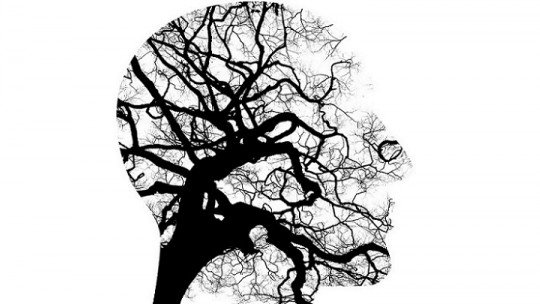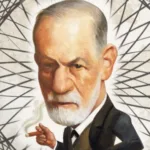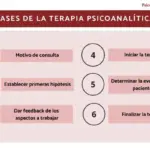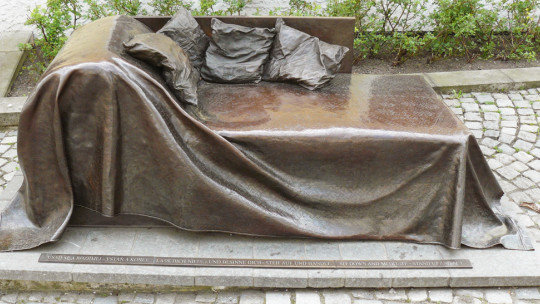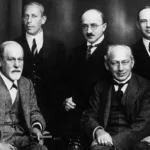One of the most curious responses, both at a practical and theoretical level within psychoanalytic therapy, is the one that accounts for the direction in which the treatment points.
What is the purpose of a psychoanalysis? Question posed by Sigmund Freud himself, and since it is a broad task that cannot be explained in one go, on one occasion the answer he gave is: “return to the person their ability to love and work”. Two concepts that are quite clear at first glance; But let’s look in more depth at what is supported by this search and why it has so much relevance in human nature.
The ability to love
To make way for the first part of the answer, we will take another famous phrase, which says: “If you love you suffer, if you don’t love you get sick.” It is worth mentioning that In the context of psychoanalysis, the term of illness is marked by the self-perception of each person , according to the vision you have regarding the existence of certain internal conflicts, to the impediments that you see that exist in your life to be able to access what you want. It is not a name that implies measuring mental health according to a standard normality.
So, we can consider that one of the central problems in human life revolves around love, the ability to love that we have, to love other people or living beings, ourselves, a hobby, a profession, reality. that surrounds us. This difficulty in loving is made possible by certain internal conflicts that lead the person to miss reality and the people and things that constitute it. But why does this happen?
Libido and introversion
First of all, we must think of love as a psychic energy that covers the things of the world according to a certain interest of the I (which is called libido), whether it corresponds to the conscious or unconscious part of it.
Secondly, we must understand that The vast majority of psychic processes occur without our intention (if this were not the case, we would all be happy just by wanting it), in those mechanisms that escape our understanding we place as an indication of this deviation a process called introversion, in which psychic energy is directed towards the interior of the person. and instead of taking his interest outward, he is retained in the world of fantasies and thoughts.
Now, a new question arises: Why does that libido that should be interested in the things of the world withdraw into the interior of the world? I? Well, simply by having experienced frustration in that reality from which you are now trying to escape, the fact of experiencing painful situations or having ideas of suffering about what may happen in a certain future situation, can lead to certain psychic mechanisms occurring that make us They defend against pain.
We have the purpose of our psyche to protect ourselves from what can harm us; In that protection he withdraws into himself, but since that energy has to be discharged in some action, he takes the world of fantasies as his destiny, and with this a way is generated to achieve those ideas that are so difficult for him to realize in reality. reality, since at the moment it is easier to access the fulfillment of desires through imagination just as it happens in dreams.
Returning to the thread that brought us here, we see that the real capacity to love is hindered by these unconscious processes that drag psychic energy inward. Therefore, here is the difficulty in loving, which in parallel entails a certain amount of suffering. The work of therapy consists of building What are the ghosts and ideas that revolve around that reality that is presented in an inaccessible and hostile way?.
The ability to work
Let us now turn to the second part of the definition, returning the ability to work. At the moment it seems to be precisely a differentiated section of the idea, but in reality it is closely related to the search for love.
It turns out that this conception of working does not refer only to the idea that we would have of salaried work itself ; Yes, it is part of the problem since inhibitions can occur in the ability to produce, but it expands in a notable way if we understand it as the possibility of I in modifying reality to get what one wants. We refer both to work in terms of being able to carry out a job that remunerates us financially, as well as the creation of a reality that is rewarding.
When building something new you always need other people ; In the bond that is generated, a bond of friendship, camaraderie, and common interests is produced, which ultimately refer to an abstraction of love without necessarily understanding it as something sexual.
As human beings we have three conditions that are common to all civilizations of all times. Throughout history we have always been in society with others, generating various bonds and relationships (love), and in that historical time there have always been jobs and activities that are functional to the system in which we were (and are) immersed. The third condition is the belief in some God(s) that accounts for our transcendence in this life, but that analysis will remain for another occasion.


